Learning from failure -and getting a second chance
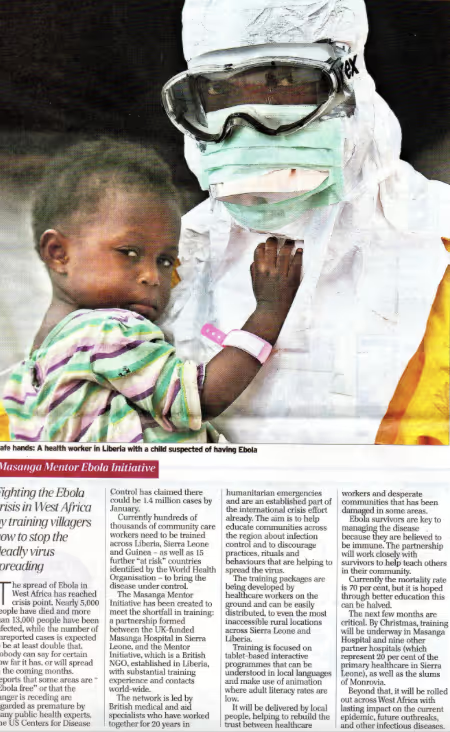
Back in 2014 there were calls for innovation as the world faced its most challenging and sustained pandemic – the Ebola outbreak in West Africa. What lessons could be learnt from previous outbreaks, what solutions might be available from beyond the humanitarian sector and could such solutions be re-designed and incubated to support the response to the Ebola outbreak? But delays in initiating a pandemic response and the speed with which the pandemic spiralled out of control provided little time for such reflections.
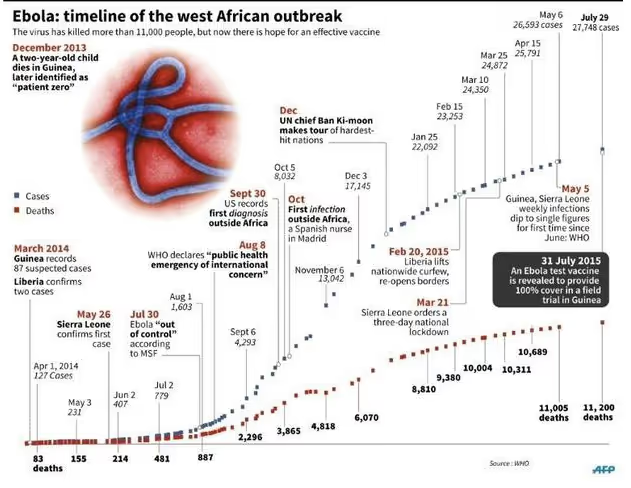
The potential threat of such an outbreak has been widely documented and many health workers had had to deal with other outbreaks of haemorrhagic fever such as Lassa fever after the civil war more than a decade earlier. The war that traumatized the region from 1999 to 2003 had brought public services to a state of collapse. As the region and agencies shifted from a humanitarian to a development footing, plans were discussed for a regional outbreak response centre connected to the Global Outbreak Alert and Response Network. But they would be derailed….
During the civil war, Dr. Aniru Conteh kept the Kenema isolation hospital functioning, caring for patients through his leadership, insight, and experience. He was key to these discussions. Then there was a major setback when the local lead, Dr. Aniru Conteh died due to a lapse in infection prevention and control procedures.
In 2014, we set out to capture guidance from the existing Viral Hemorrhagic Fever training modules and insights gained working alongside Dr. Aniru Conteh, in a digital interactive training module.
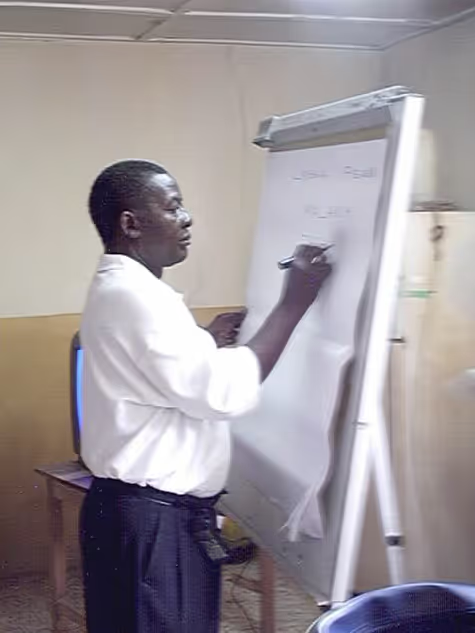
Oil and Gas companies had used immersive training technology to give health and safety training to workers on remote oil and gas rigs. Could we use a similar approach to give frontline health workers the knowledge, confidence and competence that colleagues like Aniru Conteh could have given them - to keep patients and carers safe and serving during the Ebola crisis?
We brought together a consortium of specialists from academic, different disciplines, sectors and countries to resource an initiative to re-imagine how we could re-imagine local training in a digital era. It was the kind of mix of skills that very few organisations would be able to get under one roof, and was possible only due to the goodwill that brought colleagues together from an earlier era and leading experts together from around the world, to find a way of supporting people in the front line of the Ebola response – to keep safe and keep serving.
The U.S. Agency for International Development (USAID) partnered with the White House Office of Science and Technology Policy, the Centers for Disease Control and Prevention and the U.S. Department of Defense to launch ‘Fighting Ebola: A Grand Challenge for Development’. The aim was to use the power of crowdsourcing, competition, and partnerships to identify breakthrough innovation that addresses specific barriers faced by health care workers to combating the current Ebola epidemic and better preparing the world for future outbreaks.
Back in the UK, R2HC launched an emergency call for short-term research in August 2014. The intention was to fund robust research designed to contribute to the effectiveness of the outbreak response and to draw lessons for dealing with future outbreaks of Ebola and other communicable diseases.
So it seemed a good time to be working on such an innovation. All applications for support from the normal humanitarian donors were turned down – as well as the research programme to explore the effectiveness of this new approach.
It’s always very hard to get feedback, but two of the challenges we faced were that despite the individuals in the team having a depth of experience and a track record for innovation and in the humanitarian sector; for hard pressed funding committees, our consortium was not known and did not have a track record.
The second challenge was that the approach built on insights from outside the health care and humanitarian sector, and the innovation involved a combinatorial approach building on advances in pedagogy from vocational training, broadband and smart phone communications, simulated reality and gamification, making it difficult for expert reviewers from any one discipline to make an effective evaluation.
We eventually raised the funds in a newspaper appeal, developed and tested prototypes in Sierra Leone and Liberia, and received invitations to speak and conferences as well as awards for innovation but were left asking why we had failed to engage the leading humanitarian agencies involved in conventional training programmes.
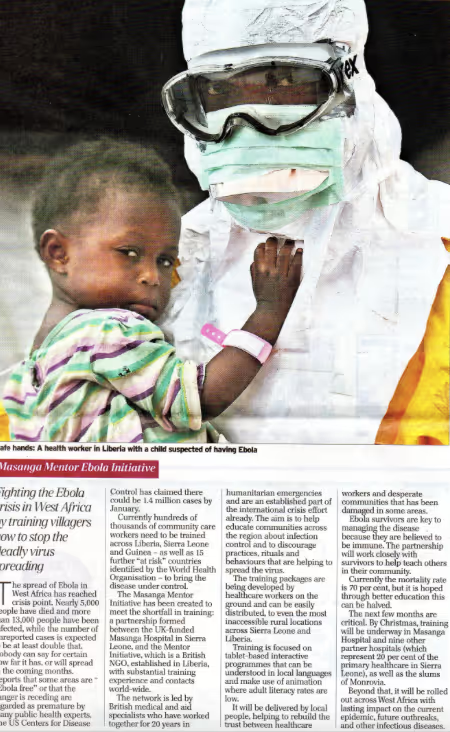
Alice Obrecht wrote about the ’missing middle scenario ‘in the Humanitarian Exchange’s special feature on ‘Humanitarian Innovation’. This is where the ‘innovation has developed an effective idea for improving humanitarian action, but may not have been adopted by humanitarian organisations’. The way forward, she advises, is to offer ‘measurable, comparative improvement in effectiveness, quality or efficiency over current approaches’.
Can we make it happen with this grant? All suggestions welcome.
Stay updated
Sign up for our newsletter to receive regular updates on resources, news, and insights like this. Don’t miss out on important information that can help you stay informed and engaged.
Related articles
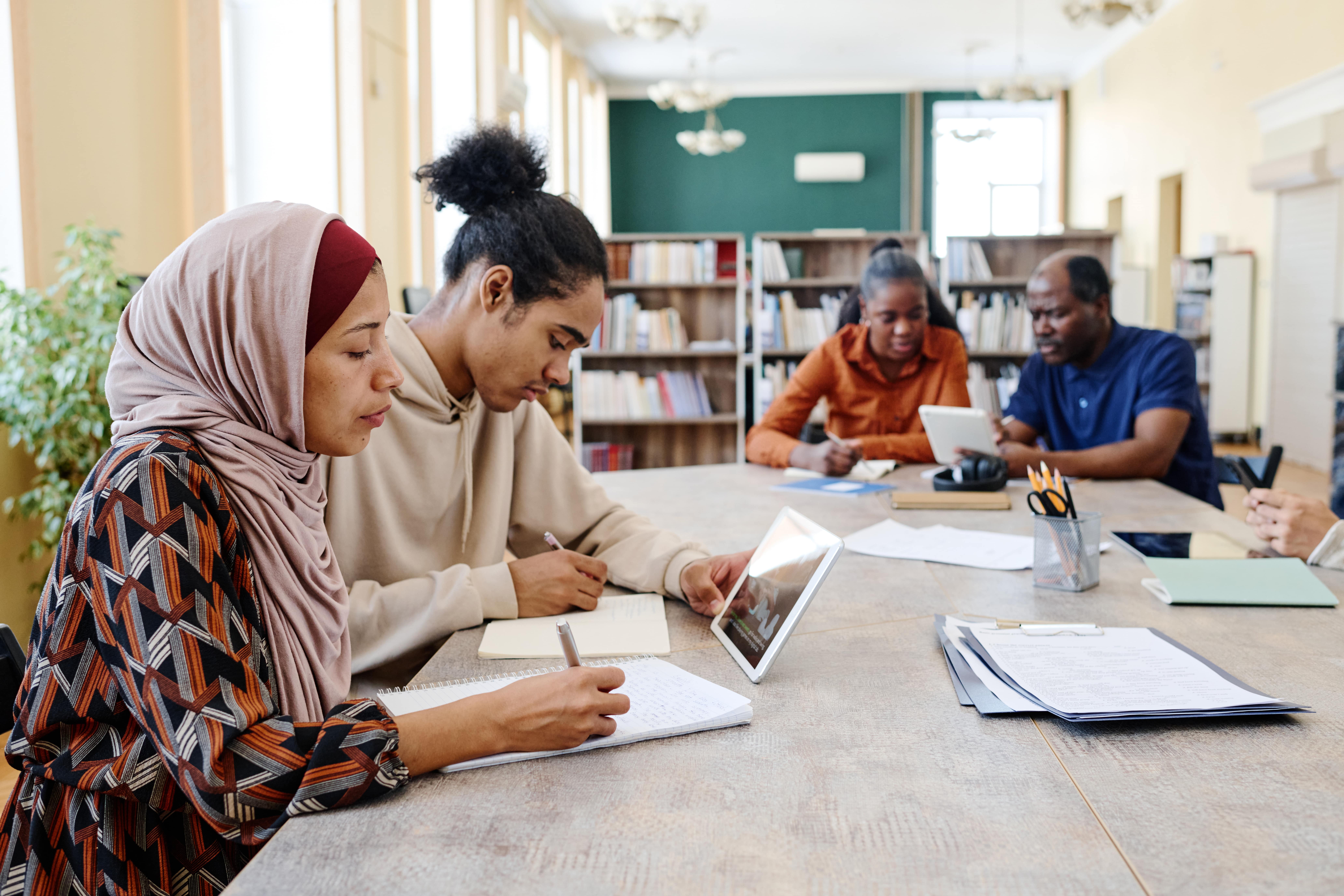
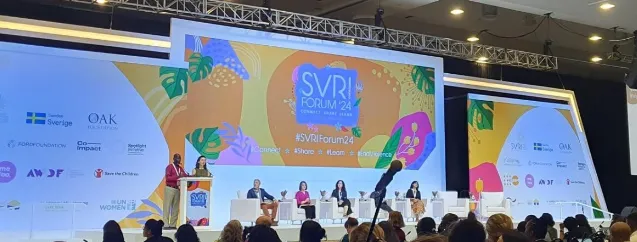
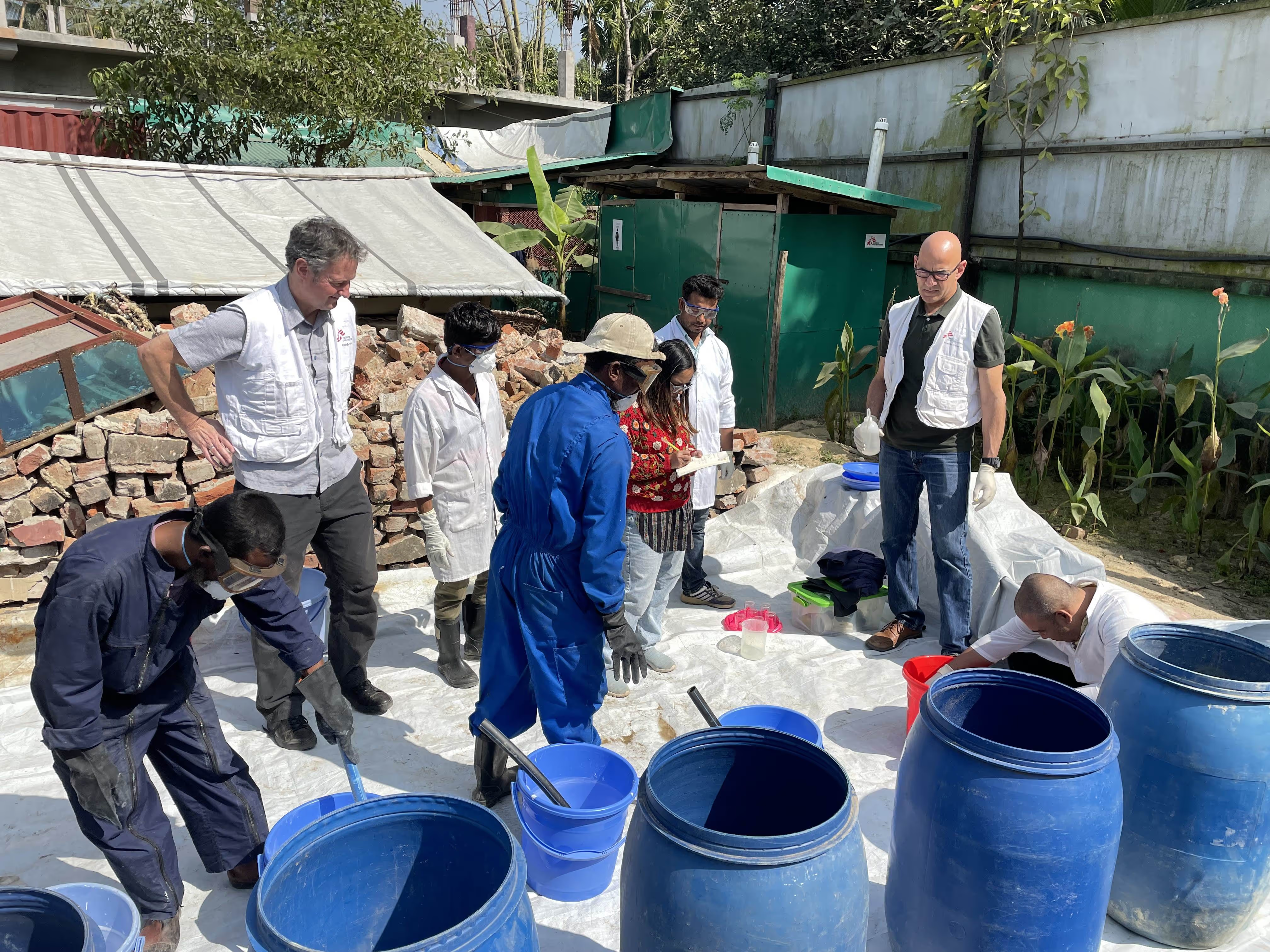
Explore Elrha
Learn more about our mission, the organisations we support, and the resources we provide to drive research and innovation in humanitarian response.